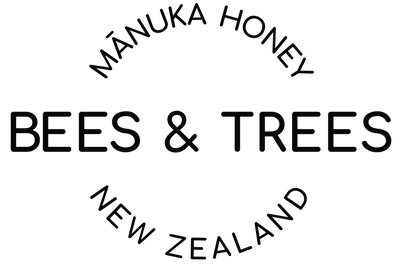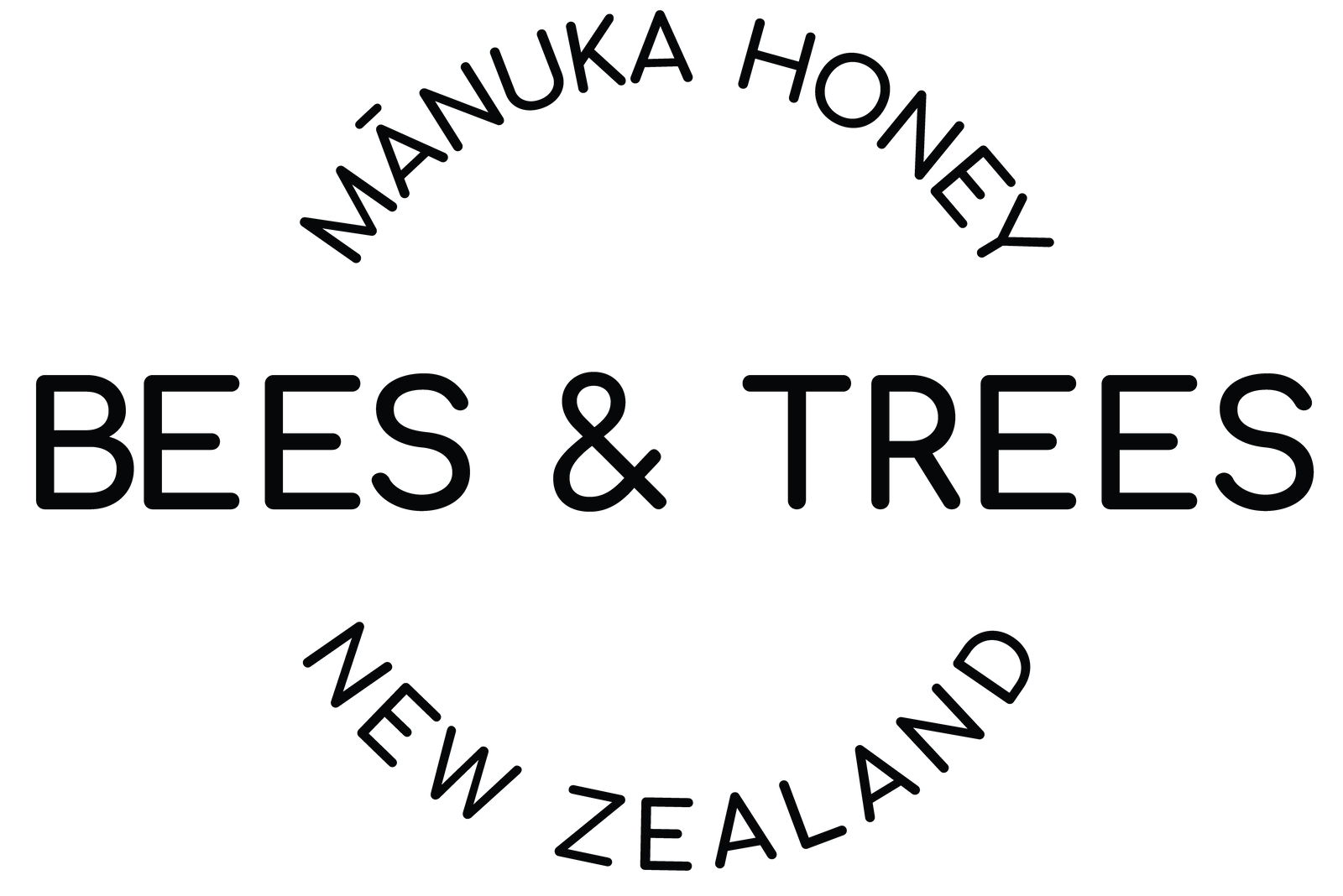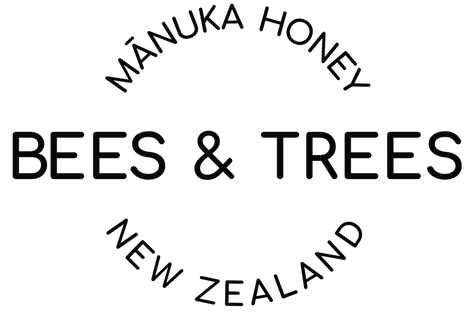In the world of sweeteners, two names often stir up a debate: honey and sugar. Each brings its unique taste and nutritional profile to the table. While honey is celebrated for its natural essence and potential health benefits, sugar, in its refined simplicity, has been a staple in kitchens worldwide. This article compares these two popular sweeteners, with a special nod to Manuka honey, to unveil which might be the better choice for your health and palate.
What is Sugar?
Sugar is a simple carbohydrate consisting of glucose and fructose, which bond to form sucrose. It mainly comes from two primary sources: sugar beet and sugarcane. The process of extracting sugar from these plants starts with the harvesting of stalks. These are then washed, cut, and crushed to extract the juice. This juice is rich in sucrose and undergoes several stages of processing - boiling, crystallization, and centrifugation - to separate the sugar crystals from the molasses.
The variety of sugars available is vast. White granulated sugar is the most recognized, but there's also raw sugar, which retains some molasses and has a golden hue. Brown sugar, which contains more molasses, offers a moist texture and rich flavor and is preferred in baking. Other types include powdered, turbinado, and muscovado sugar.
Compared to honey, sugar has a limited nutritional profile. It is calorie-dense but has no additional vitamins or nutrients. A teaspoon of sugar contains about 16 calories. While it lacks nutritional value, sugar plays a crucial role in culinary arts, acting as more than just a sweetener. It contributes to the texture, color, and preservation of foods.
What is Honey?

Honey is a sweet golden elixir that is made by bees. Bees forage flowers, collect nectar (a sugary liquid produced by plants), and take it back to the hive. Once back at the hive, this is where the magic happens. They add enzymes to the nectar, which initiate the process of breaking down the complex sugars into simpler forms. This enzymatic activity, coupled with the constant fanning of bees' wings, reduces the water content, transforming the nectar into honey.
Honey primarily consists of fructose and glucose, similar to table sugar, but that's where the similarity ends. Honey boasts about 18% water and a host of other components like minerals, vitamins, pollen, and even small amounts of protein. However, this composition is not uniform; it varies based on the environment, contributing to different varieties like alfalfa, wildflower, and tupelo.
A great example of this variation is Manuka honey. It has most of the components found in regular honey. However, because of its unique geographical location, it also has special compounds that are not commonly found in other types of honey.
Honey vs. Sugar: Which is Better?

How do sugar and honey compare? Let’s look at the differences.
1. Caloric content
One tablespoon of honey contains approximately 64 calories, while a tablespoon of sugar has about 48 calories, making it lower in calories per unit than honey. Honey has a denser composition, which contributes to higher calories per volume.
The calorie difference can be explained by the higher density of honey in a tablespoon compared to table sugar. A tablespoon of honey weighs 28 grams, almost twice the weight of a tablespoon of sugar, which is 16 grams.
2. Sweetness and usage
Due to its higher fructose content, honey is sweeter than sugar. This means that if you use honey as a sweetener, you’ll use less honey to achieve the same level of sweetness. Conversely, sugar is less sweet compared to honey, potentially leading to higher usage in sweetening.
3. Glycemic index
Generally, honey has a lower glycemic index (around 61). This means that when consumed, it leads to a slower rise in blood sugar levels. On the other hand, sugar has a glycemic index of around 65 and causes a quicker spike in blood glucose levels. This leads to a quick spurt of energy, followed by a sharp decline characterized by tiredness, headaches, and difficulty concentrating.
4. Nutritional profile
Honey contains trace amounts of vitamins, minerals, and antioxidants, which vary based on the honey's floral source. Sugar doesn't have any nutritional value, offering no vitamins or minerals.
5. Composition
Honey is made up of separate fructose and glucose molecules, about 38% fructose and 31% glucose, plus water and other minor components. Sugar is composed of fructose and glucose molecules, which form sucrose (50% fructose, 50% glucose).
6. Health Risks
Both honey and sugar have similar associated health risks when overconsumed. Honey poses a health risk to infants under one year. Honey may sometimes contain dormant spores of Clostridium botulinum, which can cause infant botulism in children under one year. They are both associated with increased risks of obesity, type 2 diabetes, heart disease, and dental caries when consumed in excess.
7. Digestibility
Honey is easier to digest due to the presence of pre-digested sugars (by bees' enzymes), making it gentler on the digestive system. Sugar, on the other hand, lacks these enzymes, making it more challenging to digest compared to honey.
8. Environmental Impact and Processing
Honey is more sustainable since it requires minimal processing, especially raw natural honey. Conversely, sugar requires more robust production and refinement processes and involves multiple steps for purification.
Editor's Note - Manuka honey vs. sugar:
Manuka honey, a special type of honey produced when bees forage on native New Zealand Manuka trees, stands out not just for its distinctive flavor but also for its exceptional properties. Unlike regular honey and sugar, Manuka honey contains a high concentration of methylglyoxal (MGO), an organic compound that correlates to its unique antimicrobial and medicinal properties. To understand more about the different types of Manuka honey, including what constitutes a Manuka honey blend, check out our detailed explanation.
Manuka honey lives up to all the differences mentioned in the section above. However, we would like to highlight the extra benefits it offers due to its unique and rich nutritional profile:
- Potent antimicrobial properties: Research shows that Manuka honey is effective against a variety of common bacteria and viruses like Staphylococcus aureus, Varicella-zoster virus, and Influenza virus, among others.
- Useful for cold and flu symptom relief: Anecdotal evidence supports the use of Manuka Honey as a potentially effective home remedy for cold & flu symptoms.
- Digestive health benefits: Manuka honey's antibacterial and anti-inflammatory properties may be useful in promoting a healthy gut.
- Wound healing benefits: Manuka honey is used for wound dressing in clinical and non-clinical settings.
Cutting Down on Sugar

Reducing sugar intake can be a healthy choice. In case you are trying to figure this out, try reducing your intake gradually, like using half a teaspoon of honey in your tea or cutting down sugar in recipes. Small changes can lead to a healthier lifestyle without sacrificing sweetness in your life.
Incorporating honey into your diet as a substitute in recipes or using it to sweeten tea and coffee can also be a step in the right direction. When baking, try replacing sugar with honey, noting that honey is sweeter, so you may need less. Remember, moderation is key in consuming both honey and sugar. Try using half a teaspoon of honey in tea or half a packet of sugar in coffee instead of a full serving. You can try the same trick with breakfast cereal and yogurt.
Conclusion

While honey shows some advantages in terms of nutritional value and lower glycemic index, sugar is lower in calories and more cost-effective, making it a practical choice for many. The decision ultimately depends on personal dietary needs, health considerations, and environmental impact awareness.
Bees & Trees is a US-based company run by a team of dedicated apiarists in New Zealand’s Taranaki Region. The company is dedicated to offering the most delicious and pure Manuka honey available in the world. Our honey is minimally processed to preserve its natural goodness, making it an authentic hive-to-jar experience for our customers. Try Manuka honey today by purchasing our 350+ MG, 550+ MG; or our 830+MG Manuka honey.







